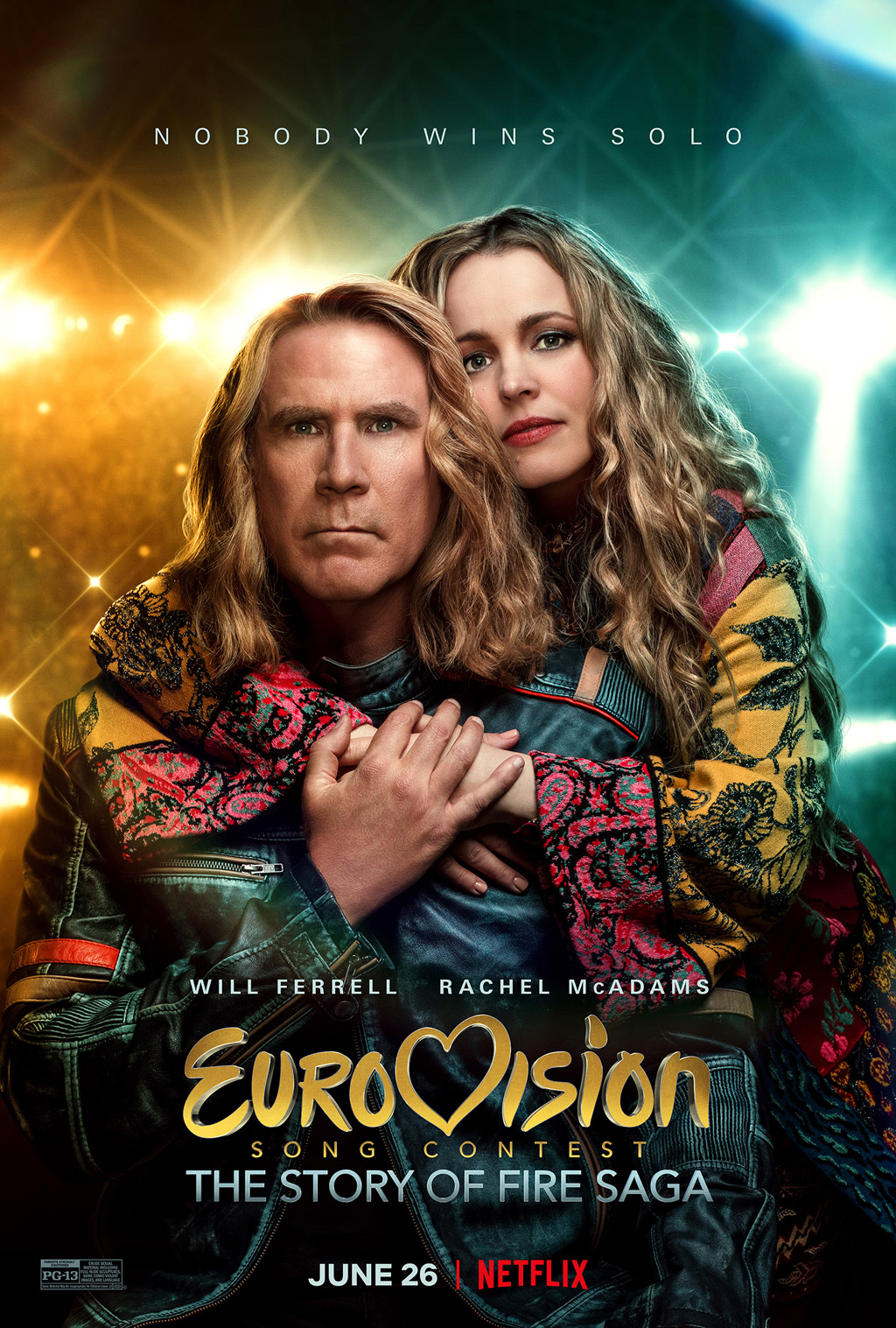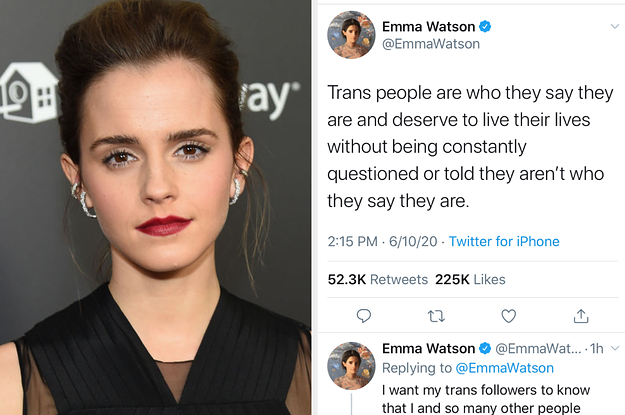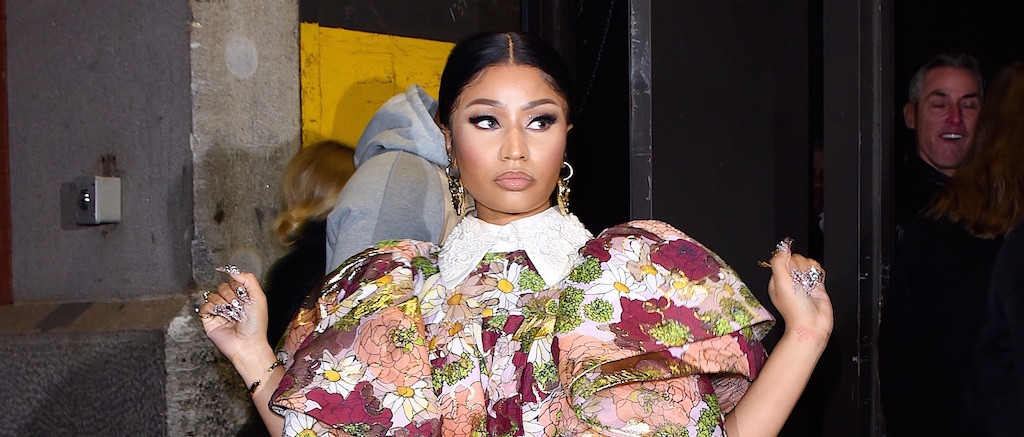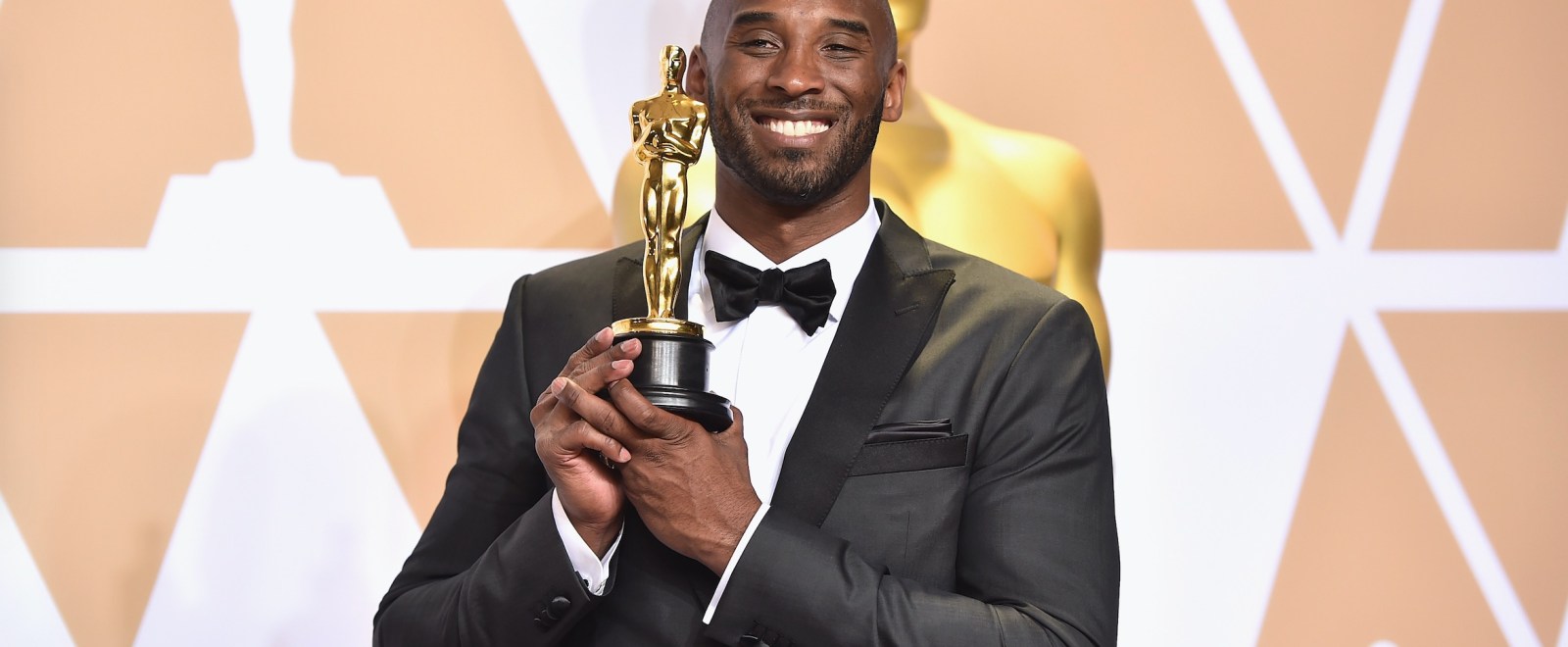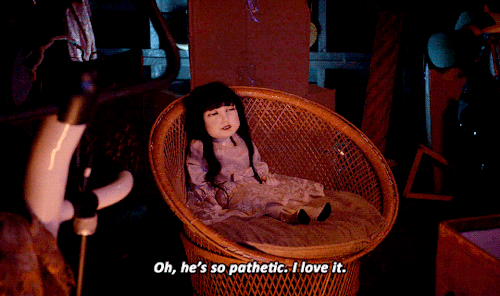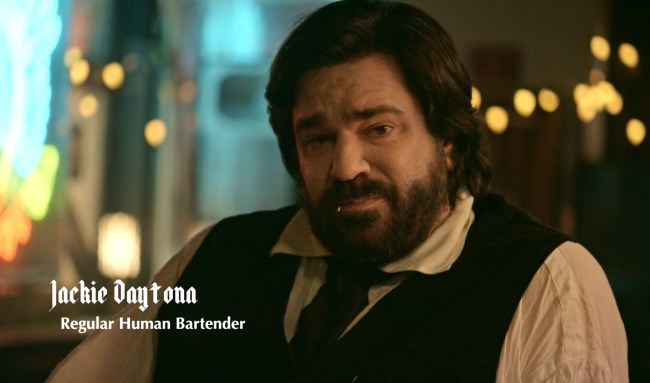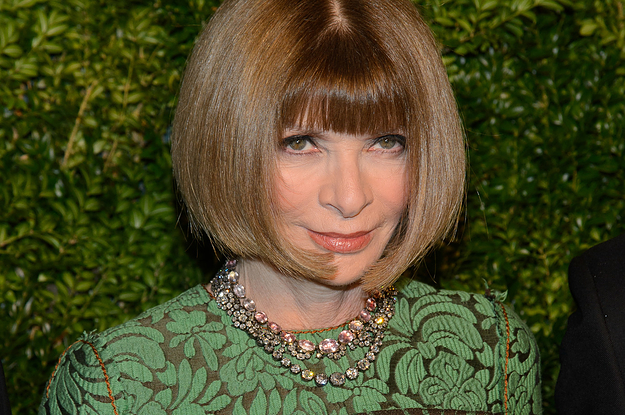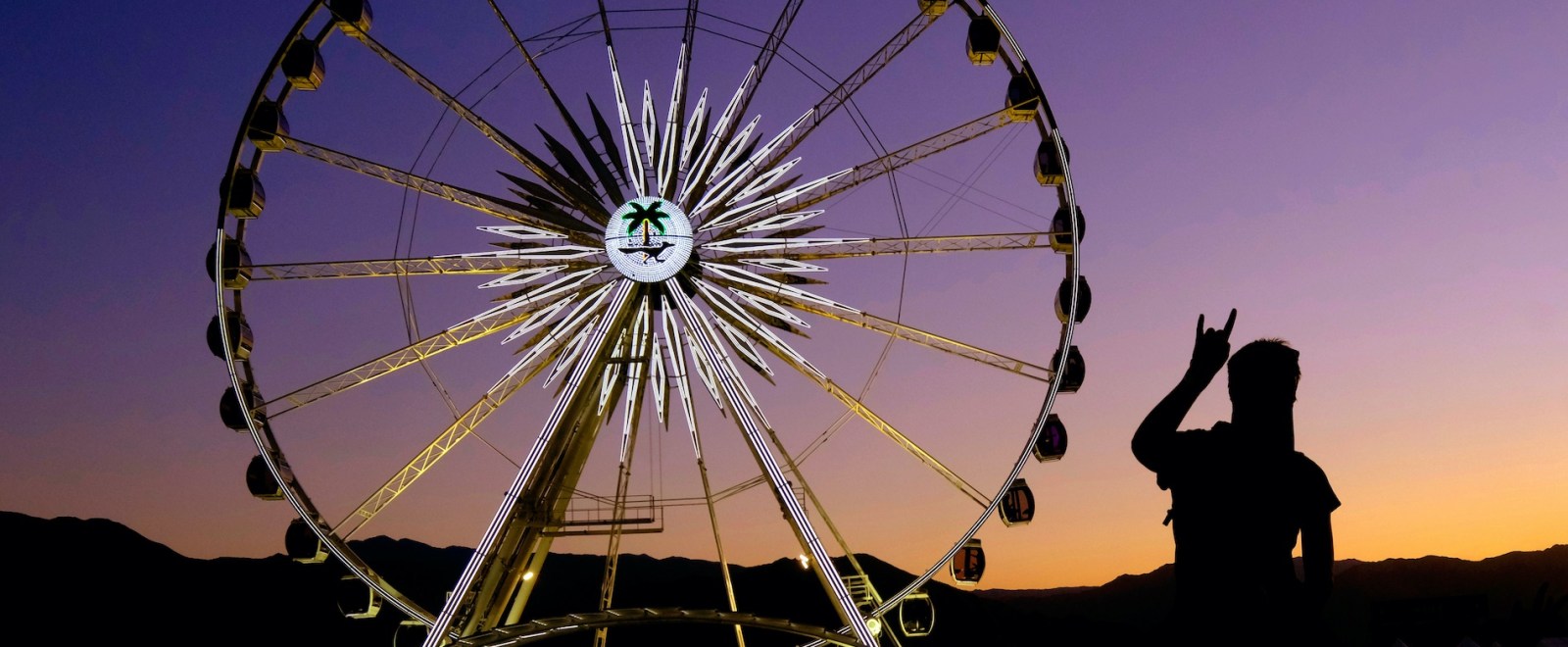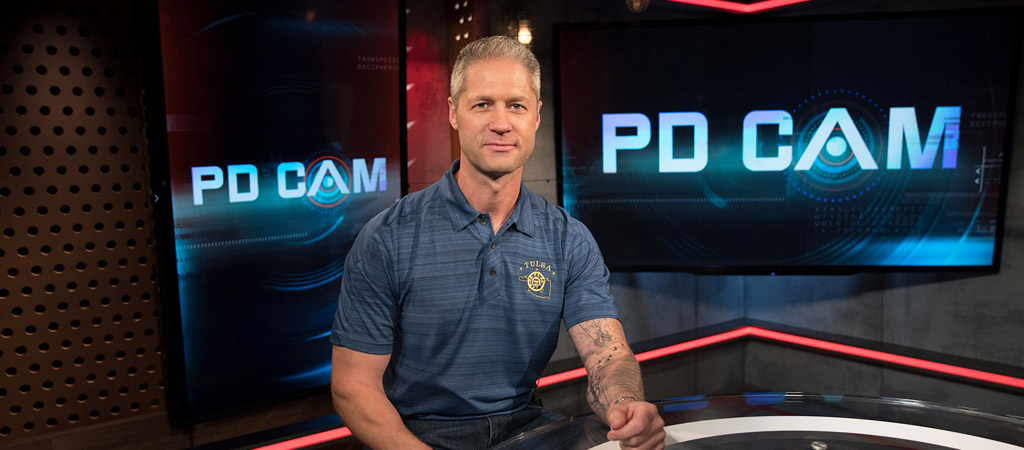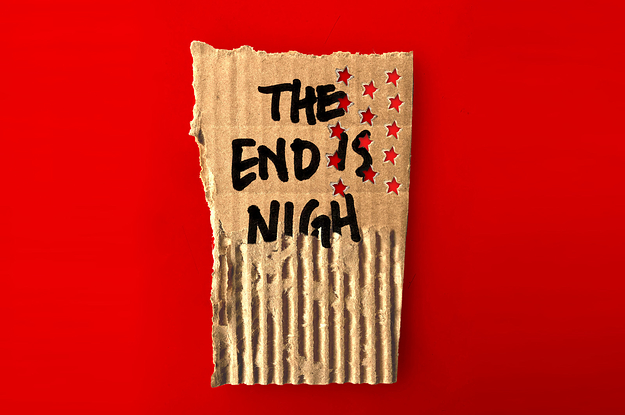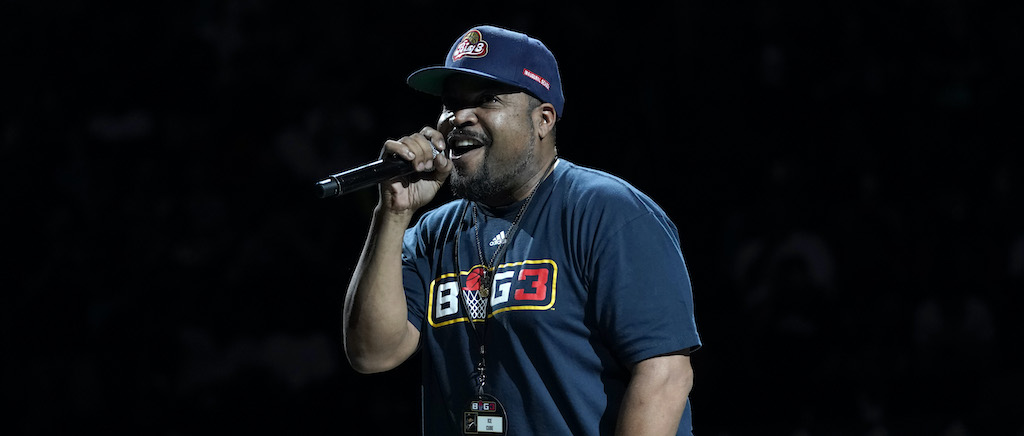
After a spate of memes he posted caused Ice Cube to be accused of antisemitism by commenters on Twitter, the West Coast rapper denied the accusations, saying that “I get along with every race on the earth.” Regarding speculation that he’d been hacked as a possible reason for his posts, Cube said, “This is CUBE. My account has not been hacked. I speak for no organization. I only speak for the meek people of thee earth. We will not expect crumbles from your table. We have to power of almighty God backing us all over the earth. NO MORE TALKING. Repent.”
My image was cropped. I get along with every race on the earth. https://t.co/vAEDlqpwzx
— Ice Cube (@icecube) June 6, 2020
This is CUBE. My account has not been hacked. I speak for no organization. I only speak for the meek people of thee earth. We will not expect crumbles from your table. We have to power of almighty God backing us all over the earth. NO MORE TALKING. Repent.
— Ice Cube (@icecube) June 10, 2020
He then shared another series of memes of prominent Black figures from throughout history, including Martin Luther King, Jr., Muhammad Ali, Bob Marley, and Marcus Garvey, with short captions explaining some of the injustices they’d faced in their lifetimes. He also took time to respond to some other critics and defenders, including Marc Lamont Hill and Michael Rapaport, respectively.
Responding to Hill’s tweet to a question about Cube’s memes that called the use of “conspiracy theories of Jewish global domination… textbook antisemitism,” Cube shot back, “What if I was just pro-Black? This is the truth brother. I didn’t lie on anyone. I didn’t say I was anti anybody.” Meanwhile, Rapaport defended Cube, saying, “Ice Cube ain’t Anti-Semetic. He’s anti-asshole. Let the OG Disruptor Disrupt!” Cube approved: “Someone who actually knows me.”
What if I was just pro-Black? This is the truth brother. I didn’t lie on anyone. I didn’t say I was anti anybody. DONT BELIEVE THE HYPE. I’ve been telling my truth. https://t.co/1SnGaGacM9
— Ice Cube (@icecube) June 11, 2020
Someone who actually knows me. https://t.co/HgYwmS5CTZ
— Ice Cube (@icecube) June 11, 2020
It’s important to note that the use of antisemitic imagery is being conflated on both sides with how Ice Cube actually feels about Jewish people and unfortunately, that’s just not how any of this works. You can absolutely hurt someone without intending to — something Cube and everyone commenting should realize.
Cube may not have any ill will toward Jewish people but his sharing those memes can definitely cause harm. As Hill pointed out, those memes, regardless of the poster’s intent in sharing them, propagate very clear messages painting a group of people as secret rulers in order to stoke resentment against them — resentment that transforms, all too often, into violent action. With hate crimes on the rise in America, Jewish and Muslim people are almost just as likely to become targets as Black people — especially when they overlap.
So, yes a little more empathy should be shown on both sides. It’s possible that Cube doesn’t actually realize the meanings of the memes he’s shared because he has been told that they espouse pro-Black messages rather than antisemitic ones and never really investigated it for himself. And it’s important for Cube to realize that he should truly understand what he’s posting before he blasts it out to his 5.3 million followers on Twitter. Intentions matter, but not as much as results and in the end, we should all be working toward the same result: A world free of hate and inequality.
Check out Cube’s interactions with his critics and fans above.

